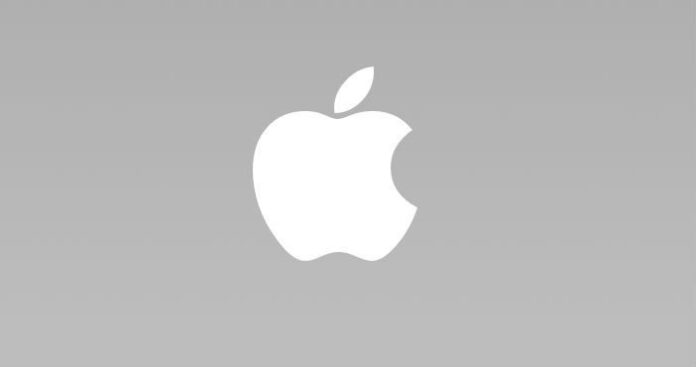Some big changes could be in the cards for the mobile payment market.
First, the historically NFC-reticent Apple is rumored to be in talks with credit card companies about creating its own mobile wallet. And some say the wallet feature may come loaded on the next iPhone iteration, which is expected to be released this fall. Until now, Apple has avoided this move in favor of its Passbook application launched in 2012.
In the meantime, one of Apple’s potential credit card partners, Visa, announced the creation of its own digital solutions, a suite of offerings that aim to facilitate payments over a range of devices and “wearables.”
“Visa Digital Solutions provides the standards, tools and services to turn any Internet-connected device into a secure vehicle for commerce,” said Sam Shrauger, SVP at Visa, in a statement. “Smartphone manufacturers can securely load a Visa account within a device, merchants can directly embed Visa payment functionality into their mobile apps and financial institutions can offer mobile and online payments as part of their mobile banking applications.”
Visa’s new program focuses on two areas: supporting new payment methods that allow customers to wave, scan or click to pay; and security— a major stumbling block for many consumers concerned about fraud. One of the steps Visa is taking is introducing a “token” that replaces the 16-digit account number on the normal cards to help protect that information. Visa says that some of the digital solutions are available now with the rest expected in the U.S. by early next year.
The use of mobile payments in general is growing. Forrester Research expects that commerce initiated with mobile phones and tables will total $114 billion this year. Worldwide, the number of contactless mobile phone transactions is expected to reach three billion by the end of 2014, according to Juniper Research.
The launch of Visa’s services and the entry of Apple into the NFC world further complicates an already crowded mobile payment market. For instance, Visa and Apple’s main device competitor, Samsung, has already tied up for mobile payments, and in turn, they are both part of Google Wallet, which will likely be the major competitor for the rumored iOS mobile payment system, when it appears.
It’s not yet clear how these moves will impact the unfortunately named Isis, the mobile wallet joint venture formed by Verizon Wireless, AT&T Mobility and T-Mobile US. (The only major U.S. carrier not part of the group is Sprint which launched its own open NFC platform in late 2013.) Up to this point, Isis has been touting its growth: 68 mobile devices across the three carriers support its wallet service and it comes pre-loaded on 14 smartphones.
One thing is certain though, the service needs a new name, given the rise of the violent Iraqi militant group that goes by the acronym ISIS. Earlier this month, Isis CEO Michael Abbott announced that Isis wount indeed be re-branded.

Apple's potential wallet, Visa's new offers complicate m-payment field
ABOUT AUTHOR
